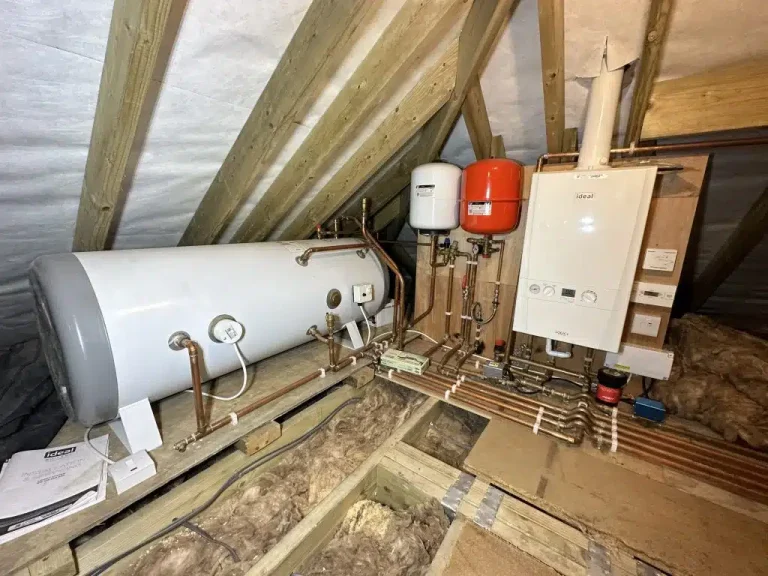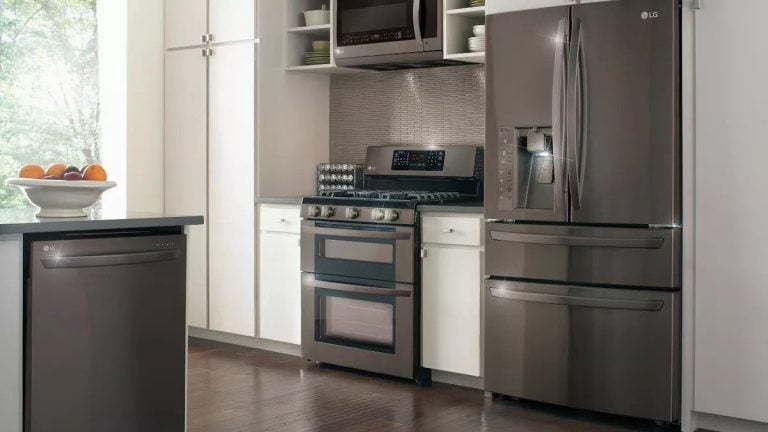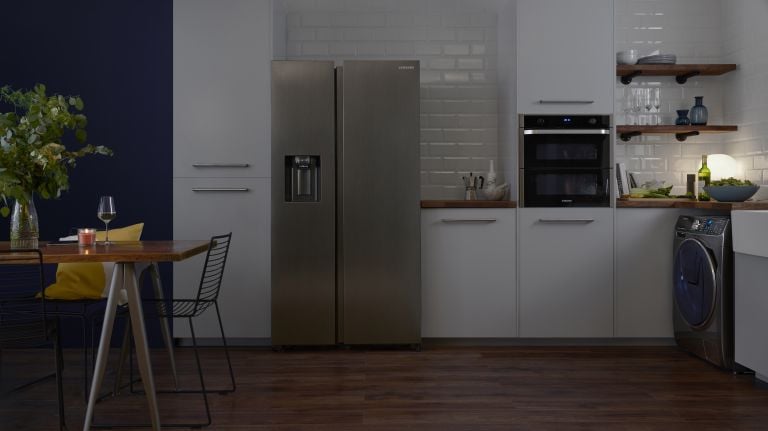Solar Power: A Guide to Solar Inverters and Lithium Batteries
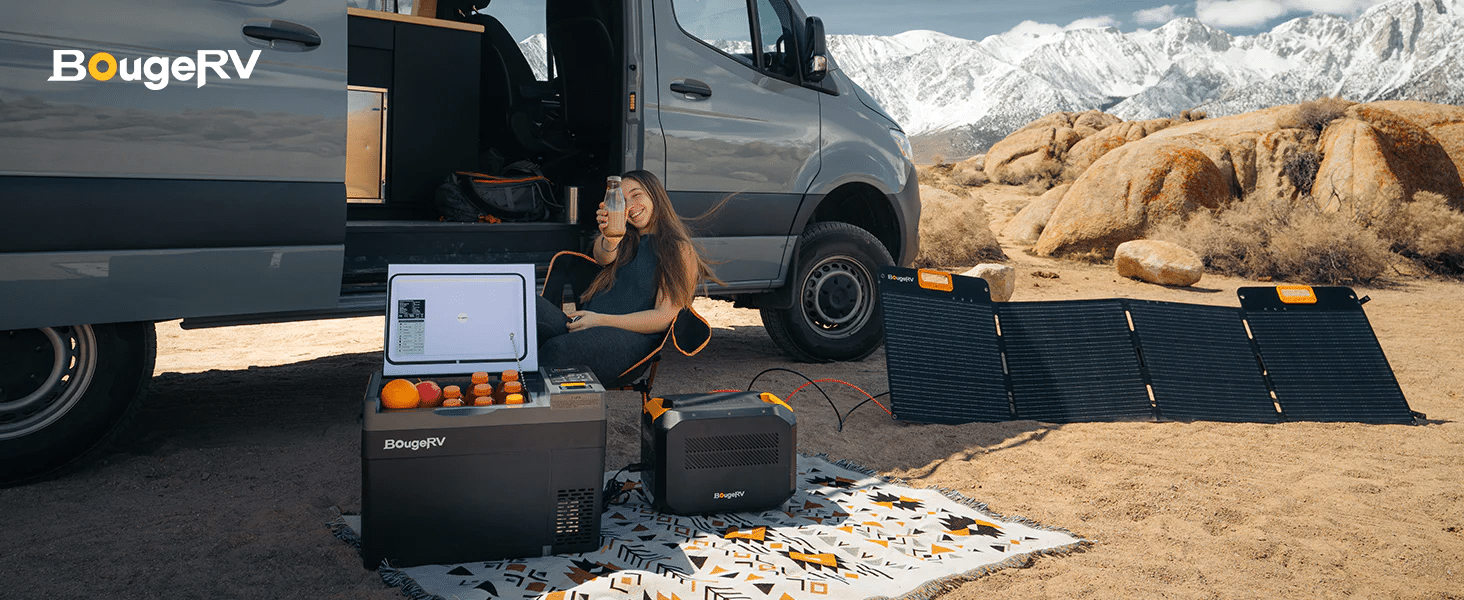
Table of Contents
As the global community increasingly embraces renewable energy solutions, solar power emerges as a prime candidate for sustainable living.
Two pivotal elements in an effective solar energy system are solar inverters and lithium batteries.
This article delves into the roles these components play, their benefits, and how they can be integrated to optimize solar energy usage in your home.
The Role of Solar Inverters
What Are Solar Inverters?
Solar inverters are crucial in converting the direct current (DC) electricity generated by solar panels into alternating current (AC) electricity, which is the form of power used by most household appliances and the electrical grid.
Types of Solar Inverters
- String Inverters: Common in residential installations, these inverters connect a series of solar panels into a single inverter. They are cost-effective but can suffer efficiency losses if any panel in the string is shaded.
- Microinverters: These are installed on each individual solar panel, allowing each panel to operate independently. This configuration improves efficiency, especially in partially shaded environments.
- Hybrid Inverters: Also known as battery-ready inverters, these units manage solar panel inputs, battery storage, and grid electricity. They are ideal for systems that include energy storage.
Benefits of Solar Inverters
- Maximized Efficiency: Solar inverters ensure the electricity produced by solar panels is converted efficiently, maximizing energy output.
- Grid Compatibility: They enable seamless integration with the grid, facilitating energy transfer between your home and the grid.
- System Monitoring: Advanced models offer real-time monitoring, allowing users to track energy production and consumption.
Where to Purchase
For a wide selection of reliable inverters, visit BougeRV’s collection to explore various options suitable for different system sizes and requirements.
The Importance of Lithium Batteries
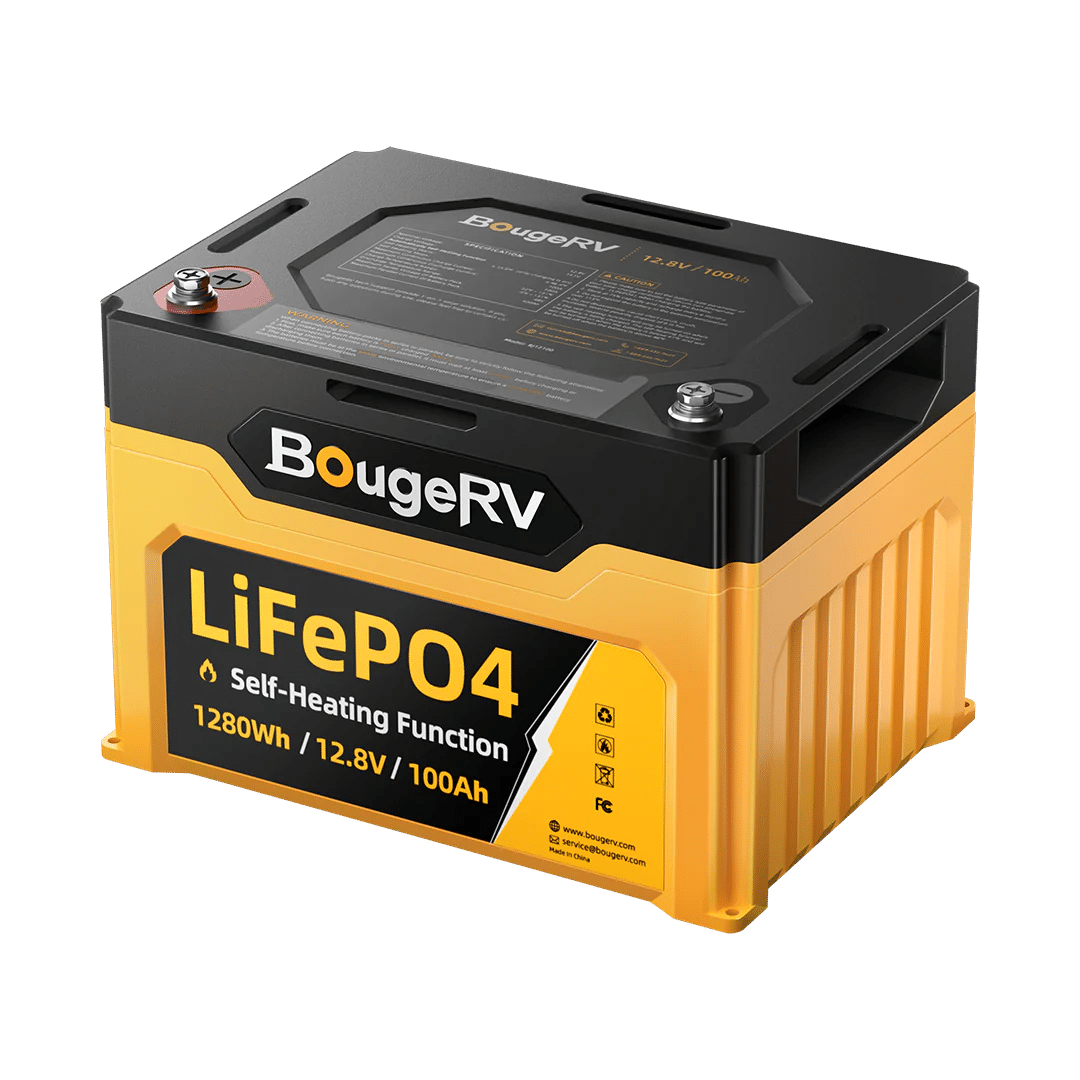
What Are Lithium Batteries?
Lithium batteries are rechargeable batteries known for their high energy density, long life, and efficiency.
In solar energy systems, they store excess electricity generated by the panels, making it available during periods when solar power production is low.
Advantages of Lithium Batteries
- High Energy Density: These batteries store more energy in a compact size, making them ideal for residential use.
- Longevity: They have a longer cycle life, capable of many more charge and discharge cycles than traditional batteries.
- Efficiency: They boast higher efficiency rates, losing less energy during the charge/discharge process.
- Low Maintenance: Lithium batteries require minimal maintenance compared to other types of energy storage.
Integrating Lithium Batteries
Combining lithium batteries with solar inverters creates a comprehensive energy solution. Here’s how they complement each other:
- Energy Storage: Excess electricity generated during the day is stored in the batteries for use during night or cloudy days.
- Power Conversion: The inverter converts DC from both the solar panels and stored battery energy into AC for home use.
- Grid Independence: Hybrid inverters manage the energy flow between the solar panels, batteries, and grid, ensuring a constant power supply.
Where to Purchase
To find high-quality lithium batteries suitable for your energy storage needs, visit BougeRV’s collection.
Optimizing Your Solar Power System
Designing an Effective System
To get the most out of your solar power system, consider these tips:
- Correct Sizing: Ensure your solar panels, inverter, and batteries are appropriately sized to meet your energy needs.
- Optimal Placement: Install solar panels where they receive maximum sunlight exposure to enhance energy production.
- Energy Management: Use energy-efficient appliances and practices to reduce overall consumption and maximize the benefits of your solar system.
Monitoring and Maintenance
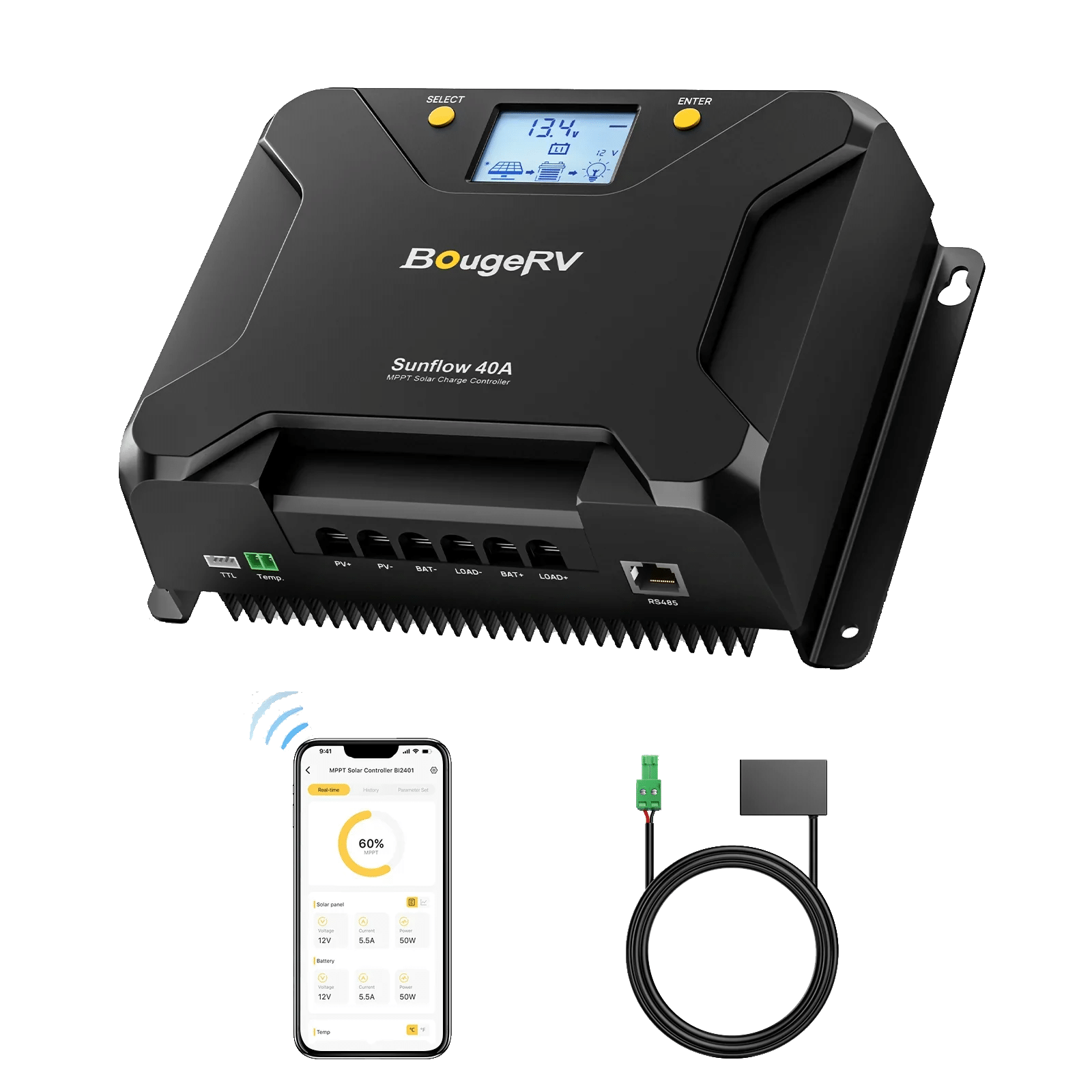
Maintaining your solar power system is key to its long-term performance:
- Performance Tracking: Utilize the monitoring capabilities of your solar inverter to keep an eye on energy production and consumption.
- Routine Checks: Regularly inspect your solar panels, inverter, and batteries to ensure they are clean and functioning correctly.
- Professional Inspections: Periodically hire a professional to inspect and maintain your system to address any potential issues.
Conclusion
Solar inverters and lithium batteries are essential for creating an efficient and reliable solar power system.
Inverters convert solar energy into usable electricity, while batteries store excess power for later use.
Together, they provide a sustainable and cost-effective energy solution.
Investing in quality inverters and batteries, such as those available from BougeRV, can significantly enhance your solar power system’s efficiency and reliability.
With proper system design, monitoring, and maintenance, you can enjoy the benefits of clean, renewable energy for years to come, reducing your carbon footprint and increasing your energy independence.

